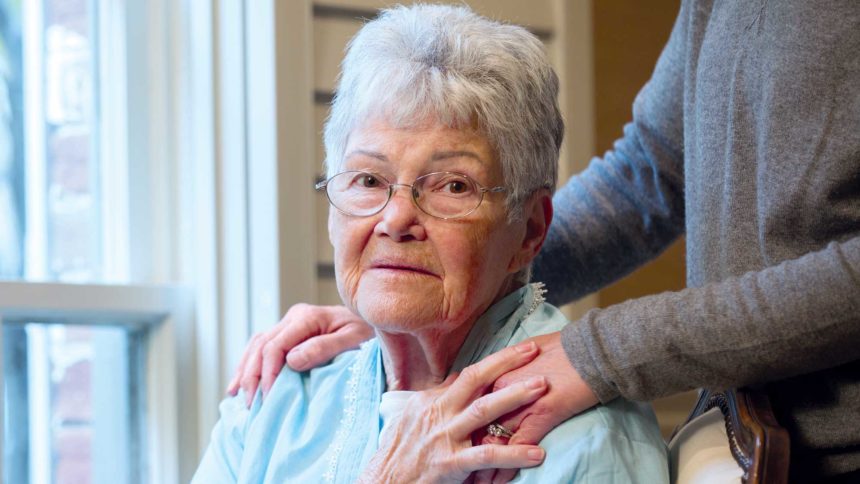
Frailty can cause people to rely more on health care services, and their risk of death increases, a new study from the Netherlands shows.
The report was published Wednesday in BMC Geriatrics.
Researchers sought to better understand the use of community health services offered through the Social Support Act in the Netherlands. They also wanted to see if frailty affected use of the services and mortality risk. Community health services can include seeing a nurse, doctor or physical therapist as well as home care services.
The government program provides municipal social support for people that have limitations in daily life and can’t get it from their personal support system.
Researchers evaluated data from 181,350 people aged 65 and up, using the Dutch Public Health Monitor 2016, a national survey on the health and well-being of adults. The team also used a frailty index to gauge how severe frailty was in the participants.
The researchers took into account factors like age, living with a partner, educational level, financial status, and weight. Even when those were taken into consideration, higher levels of frailty still created higher use of the health care system.
“We have shown that higher levels of frailty are associated with more use of services through the Social Support Act, community nursing services, medication use, and a higher risk for mortality,” the authors wrote.
Notability, for each unit increase in frailty index score, the mortality risk was 3.8 times higher, the data showed.
“Our findings also indicate that the more frail someone becomes, the more someone will use community nursing or Social Support Act services,” the authors wrote.
The findings align with similar studies in Belgium, Ireland and Australia, the authors pointed out. The results also are similar to previous research that shows older people, women or ethnic minorities are more likely to use health care. The current study found that those who were older, female and with financial difficulties were more likely to use the services.




